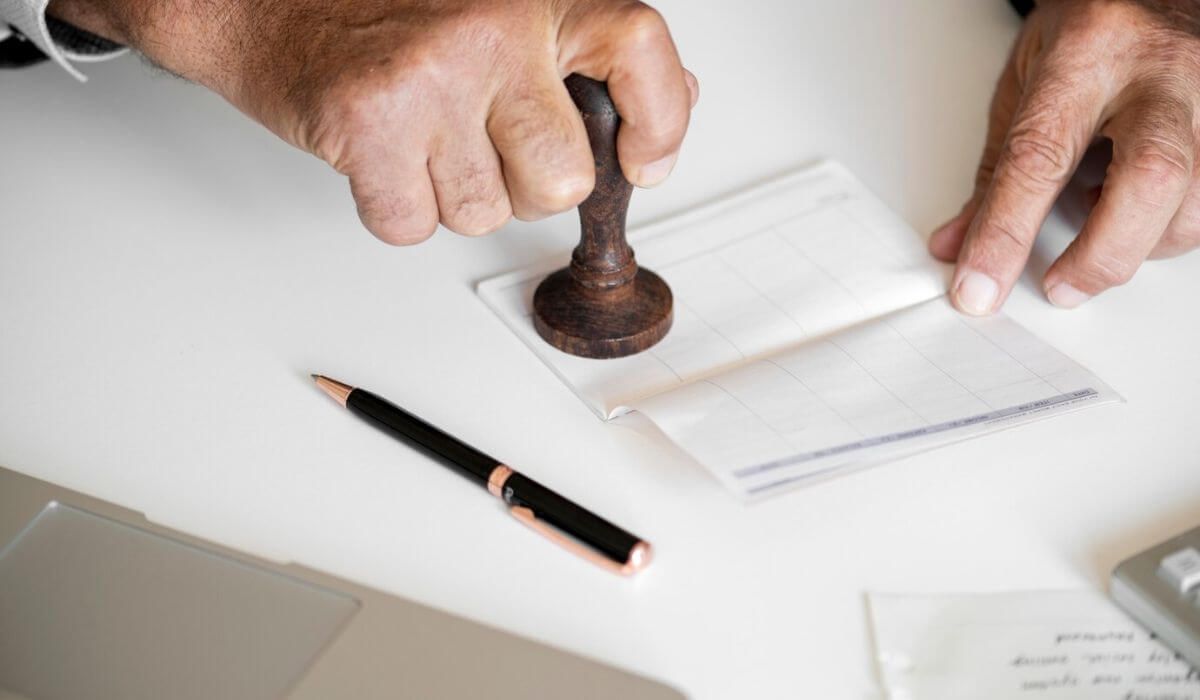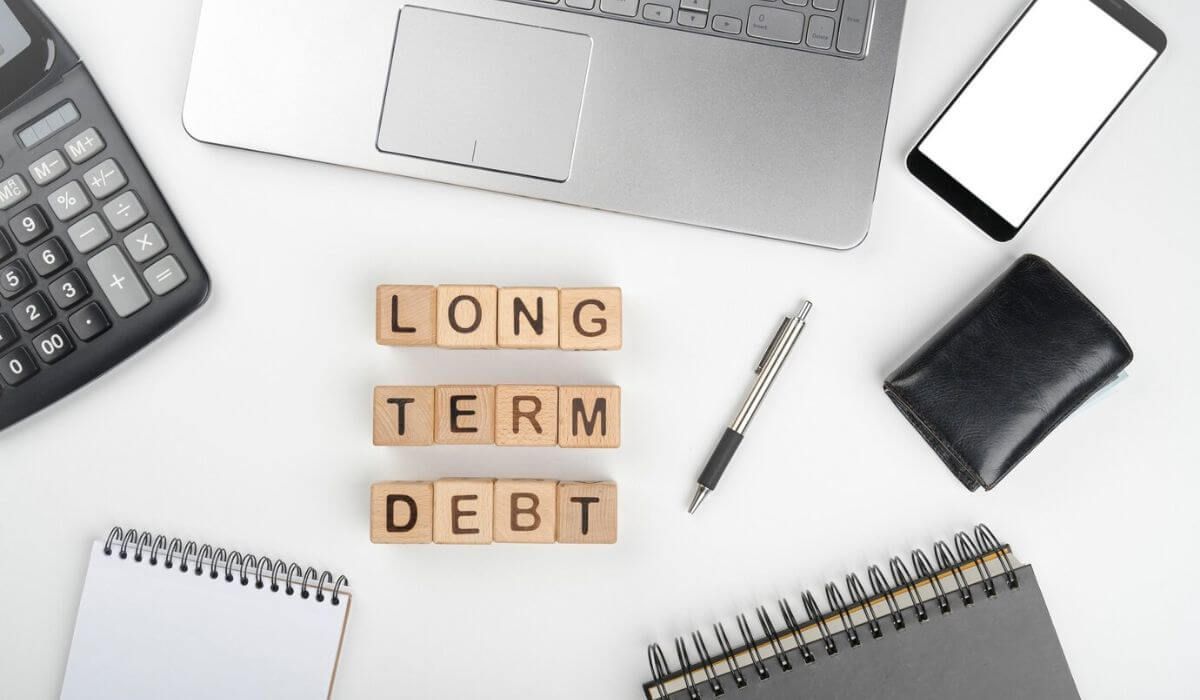How to Resolve Financial Disputes Through Debt Collection?
Financial disputes can be a source of major stress for both businesses and individuals. Whether it's overdue payments or unpaid debts, the situation can quickly escalate if left unresolved. Fortunately, debt collection is a key process that can help you recover what’s owed. In this article, we’ll walk you through how to resolve financial disputes through debt collection, sharing real-life experiences, tips, and insights into the process.
Understanding Debt Collection: The First Step to Resolving Disputes
Before diving into the specifics of debt collection, it's important to understand what the process entails. Debt collection refers to the activities undertaken by a creditor or a third-party agency (like a private investigator or debt recovery firm) to recover money owed from an individual or business. This process can begin with a simple reminder and escalate to more formal actions if the debt remains unpaid.
Here’s how you can begin the process of debt collection effectively:
- Identify the debt clearly: Ensure that the outstanding amount is correct and clearly documented. This might include invoices, contracts, and payment schedules.
- Establish communication: Start by reaching out to the debtor to discuss the issue. Whether it’s a reminder letter, email, or phone call, communication should always be the first step.
One key point to keep in mind is that early intervention can often prevent disputes from escalating further. As soon as you identify a potential financial issue, take immediate action to address it.

Step 1: Contact the Debtor Directly
The first approach in resolving a financial dispute is often direct communication with the debtor. You can initiate this process through a polite but firm reminder. The goal here is to get in touch with the debtor and understand their situation.
- Reach out in writing: Whether by email, letter, or even text, written communication sets a professional tone and serves as a record of your efforts.
- Clarify payment terms: Reiterate the original agreement and specify how much is owed, when it was due, and any outstanding interest or late fees.
- Listen to their side: Sometimes financial disputes arise from misunderstandings or unforeseen circumstances. Listen to the debtor’s explanation before moving forward with more formal action.
Personal experience has shown that approaching the debtor with empathy and professionalism can often lead to a resolution. Keep the communication lines open and respectful, and you may find that they respond positively.
Step 2: Send a Formal Demand Letter
If the direct communication fails to resolve the issue, the next step is to send a formal demand letter. This is a legal document requesting payment within a specified time frame and outlining the consequences of non-payment.
- A clear statement of the debt: Include the total amount due, along with any applicable interest or fees.
- Request for payment: Specify the exact date by which the payment should be made, giving a reasonable time frame (typically 14-30 days).
- Consequences for non-payment: State the actions you may take if the debt isn’t paid, such as involving a collection agency or taking legal action.
A well-written demand letter can serve as a final reminder before you proceed with legal or third-party collection methods. It’s often enough to encourage the debtor to pay before the matter gets more complicated.

Step 3: Engage a Professional Debt Collection Service
When informal approaches fail, engaging a professional debt collection service can be a strategic move. Debt recovery specialists not only handle overdue payments but also assist in more complex financial disputes. In cases where missing funds or fraudulent activities are involved, understanding how to
detect and prevent employee fraud can be crucial in tracking assets and resolving disputes efficiently.
- Expert negotiation skills: Debt collectors are skilled at negotiating payment terms with debtors and can often secure payments that you may struggle to obtain on your own.
- Legal knowledge: Debt collectors understand the legalities of debt recovery and can advise you on the best course of action if the matter needs to go to court.
- Efficient process: Engaging a professional can save you time and effort. They have the resources to track down debtors, especially those who are uncooperative or elusive.
Hiring a private investigator or debt collection agency can give you the peace of mind that the process is being handled efficiently and within the bounds of the law.
Step 4: Legal Action – When Collection Attempts Fail
In some cases, all attempts to resolve the dispute through communication or professional collection services may fail. If this happens, legal action may be necessary. This could mean pursuing a court case to obtain a judgment against the debtor, allowing you to collect the debt through legal means.
- Consult an attorney: Seek legal advice to determine whether pursuing a lawsuit is in your best interest. A lawyer can help you navigate the legal system and determine if your case is strong enough to go to court.
- File a claim: If advised to proceed, you’ll need to file a claim with the appropriate court. Your attorney will guide you through this process.
- Obtain a judgment: If the court rules in your favor, you will receive a judgment. This gives you legal permission to collect the debt through various methods, such as garnishing wages or seizing assets.
Legal action should be considered a last resort, as it can be time-consuming and costly. However, if you’re left with no other options, it’s a viable solution to ensure you receive what’s owed to you.

Step 5: Prevent Future Disputes
To safeguard against recurring financial disputes, businesses should implement strong risk management and compliance measures. Conducting regular financial audits and ensuring contract enforcement are key steps. Many companies benefit from expert corporate investigations that help protect business interests and ensure compliance, identifying potential risks before they escalate into major legal challenges. Additionally,
securing business data effectively can help protect sensitive financial information and reduce the likelihood of disputes arising from data breaches or mismanagement.
- Set clear terms: Always have a formal contract that outlines payment terms, deadlines, and penalties for late payments.
- Use invoices and reminders: Regularly send invoices and reminders to keep payments on track.
- Offer flexible payment options: Sometimes offering payment plans or other options can help clients avoid overdue payments.

Experience has shown that taking preventive steps can save you from future headaches and financial disputes. Building strong relationships with clients and customers through transparent communication and clear expectations is key.
By understanding the process and taking a strategic approach, you can navigate these disputes with confidence, safeguarding your financial interests and moving forward with peace of mind.


